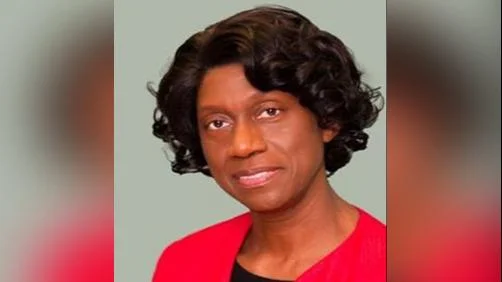
Victoria Thomas Administrative Director | Albert Shanker Institute
Erica McPheeters, a consultant and social advocate with the Human Rights Campaign, reflects on the evolution of democracy in the United States. Nearly 250 years ago, American colonies rejected monarchy to pursue freedom and democracy, fundamentally altering governance worldwide.
"The decision embedded certain principles into the legacy of this country," McPheeters notes. "Power derives from the people and cannot be substituted with birthright or conquests."
The shift from monarchy to democracy involved addressing systemic issues that limited rights and freedoms. "When the thirteen colonies declared independence, it represented the reclamation of all freedoms that humans deserve," she explains.
The path from subjects to citizens required relentless struggle and compromise, forming values like life, liberty, and happiness through events such as the Boston Tea Party and Constitutional revisions. However, McPheeters acknowledges that many marginalized groups were initially excluded from these democratic rights.
"Democracy’s power lies not in its efficiency but in its fundamental respect for humans," she states. Democratic values have been crucial for unified rights, emphasizing equality and free speech.
This Saturday marks "No Kings Day," where Americans will gather peacefully nationwide to support U.S. democracy's legacy. Over 100 pro-democracy groups are organizing these events to demonstrate ongoing commitment to democratic principles.
"The peaceful No Kings Day protests represent more than partisan division," McPheeters says. They embody rejecting unchecked power and insisting on accountability for all individuals.
Organized action highlights that democracy requires active citizen participation. "Whether through voting, peaceful protests, or civic engagement," she asserts, "it is the duty of the American people to fight for peace."
The article also mentions a national evaluation of K-12 school finance systems across all 50 states and D.C., led by researchers from Albert Shanker Institute and other institutions.
###



 Alerts Sign-up
Alerts Sign-up